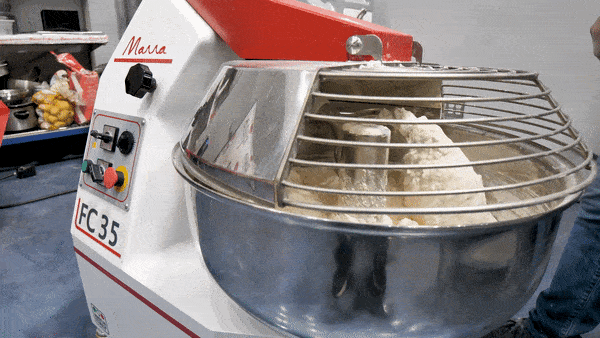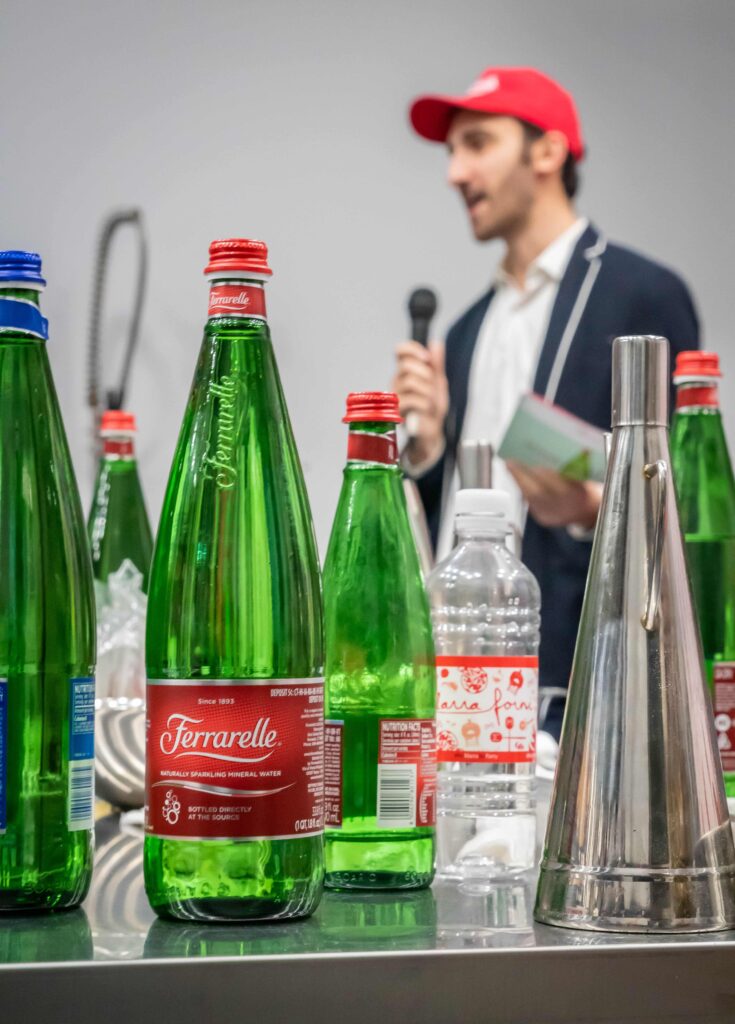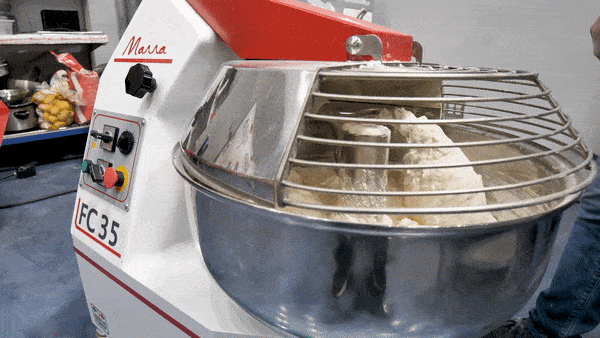Don’t Underestimate the Role of Water in Pizza-Making
As the popularity of authentic pizza continues to soar, pizza aficionados everywhere are searching for top-quality ingredients to craft their artisanal pies. One ingredient that’s often overlooked, however, is water. At Pizza University, we teach our students that water is actually a very important ingredient in pizza-making. In addition to the water and flour ratio (humidity level) in the dough recipe itself, the type of water that you use in pizza-making can significantly alter your results.
The truth of the matter is that the consistency of your pizza dough will vary greatly depending upon the type of water that is used when making it. There are three factors to consider with water: it’s acidity, purity, and hardness. To measure the acidity of water, we test its pH, which has an effect on the fermentation process in the dough. Hard water is more alkaline than soft water and can decrease yeast activity. For pizza baking, water with a pH of slightly lower than 7 is preferred.

Pure water is also preferred in the pizza-making process. If water has a high chlorine contact, it can affect the culture of the dough. Many pizzerias solve this problem by leaving water out, uncovered, overnight so that the chlorine dissipates. Others are willing to spend additional money on bottled water to ensure consistent results. Not all bottled waters are created equal, however, so it is important to be able to test their acidity levels, purity, and hardness before using them in any of your recipes.
Water hardness describes the amount of calcium and magnesium ions in waters. This is expressed in ppm, or parts per million. Soft water has less than 50ppm, while hard water has over 200ppm. A water of medium hardness – 100 to 150ppm works best for dough preparation. The mineral content of water needs to be enough to feed the yeast and assist in the fermentation (otherwise the dough will be slack). If the water is too hard, however, the fermentation rate will be reduced and there will be a tightening effect on the fermentation. This will cause the dough to be tougher than is often desired. We are pleased to feature “Italy’s #1 selling brand of sparkling mineral water,” Ferrarelle, which hails from the homeland of pizza – the Campania region.
Not only does the water taste great, offer a multitude of health benefits, and feature an effervescent finish which pairs well with the flavor profile of pizza, it also works perfectly for making the dough itself. The special mineralization and bicarbonate presence in the water makes it a favorite among both Italian chefs and pizza makers. Ferrarelle has been recognized as one of the approved ingredient suppliers by the governing pizza authorities in the city of Naples.


According to Gregorio Fierro, Chef Ambassador of Ferrarelle, “Ferrarelle is one of the very few naturally sparkling waters in the world and is the leading water of its kind in Italy. The water travels underground through the base of a dormant volcano in its 20-year journey to the bottle and its high mineral content and its natural carbonation make it a perfect accompaniment to the naturally healthy foods of the Mediterranean basin.” To learn more about Ferrarelle and their other products, click here.

